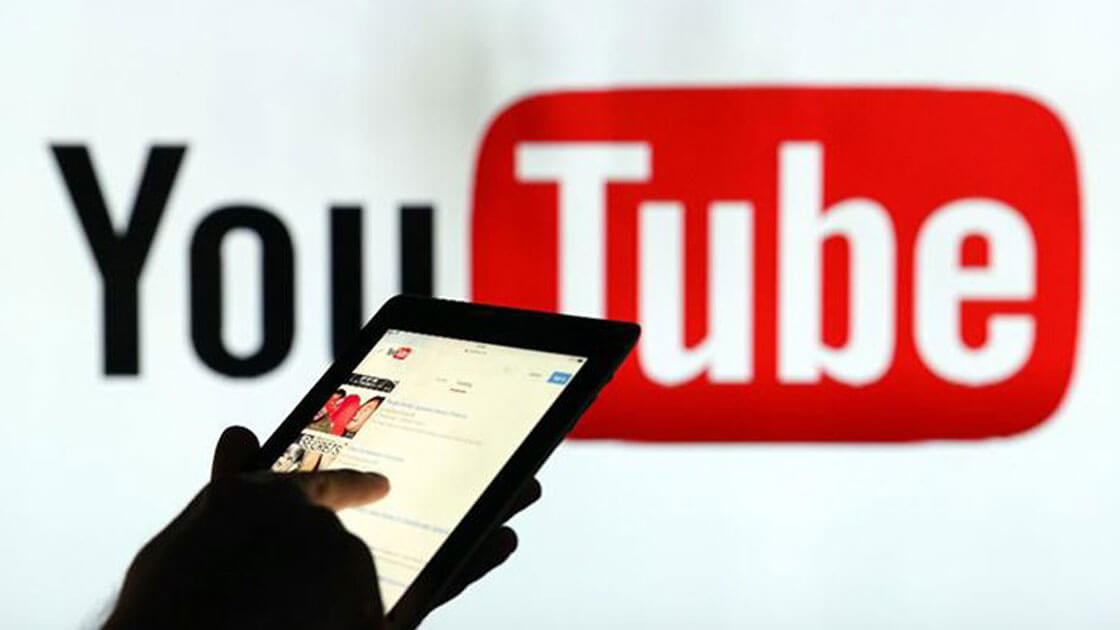The video hosting YouTube claims that it is not immune to cryptocurrency fraud, which is built in the form of video content or descriptions.
In April, Ripple's lawyers and CEO Brad Garlinghouse filed a lawsuit against YouTube for failing to stop XRP scammers. Garlinghouse and his team argue that the platform benefits from fraudulent activities by generating revenue from advertising.
According to the July 21 announcement, YouTube's lawyers are citing articles of the law that protect platforms from liability for information provided by third parties.
YouTube says that the inadvertent detection of fraudulent channels does not change the fact that the content is created by third parties and not by the video hosting service itself. The site's lawyers also point to the fact that even Ripple itself does not claim in its lawsuit that it is YouTube that “solicits, encourages or participates in fraud,” and therefore the platform cannot be held liable.
Trending: Iran plans to start testing its token in the near future
Ripple's lawsuit cites 305 cases in which channels specifically impersonated Brad Garlinghouse. Some scammers have taken over popular non-cryptocurrency channels and changed their content.
According to YouTube lawyers, the public use right also means protecting names, marks, images, and voices from illegal commercial use, while the Ripple lawsuit says that attackers are using the name of Brad Garlinghouse, and not things related to YouTube.
Brad Garlinghouse's Ripple company isn't the only victim of cryptocurrency scams on YouTube. In June, we talked about the scammers imitating the channel of the entrepreneur Elon Musk, who asked to send bitcoins to the addresses indicated by him.






